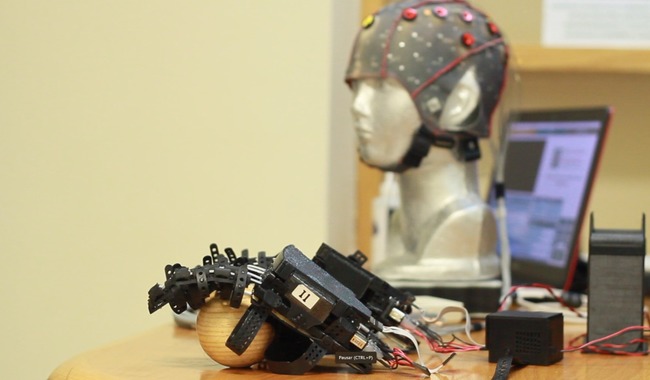Mexican Health Institute Achieves Six Patents for Disability Care / @SSalud_mx
#MinistryOfHealth, #Mexico.– The National Institute of Rehabilitation “Luis Guillermo Ibarra Ibarra” (INRLGII), part of the Ministry of Health, has cemented its status as a national leader in health technology innovation, securing six patents from the Mexican Institute of Industrial Property (IMPI) in under two years. These pioneering developments represent significant scientific advances with the potential to dramatically enhance the quality of life for hundreds of thousands of individuals living with disabilities and chronic health conditions.
The Institute’s portfolio of patented innovations is comprehensive, offering new solutions for rehabilitation, diagnosis, and therapeutic care. The granted patents include a non-invasive motor neuroprosthesis for hand rehabilitation, a system and method for detecting speed-dependent motor alteration during active movement, and a non-invasive functional electrical stimulator for neuromuscular rehabilitation. These accessible, non-invasive technologies have been specifically designed for direct and practical application within clinical environments, promising more effective patient outcomes.
Alberto Pérez Sanpablo, an INRLGII researcher and the inventor of the motor alteration detection system, powerfully articulated the impact of this achievement. He stated, “More than a personal accomplishment, a patent represents the real possibility of improving lives, of closing gaps in rehabilitation, and of Mexican science transforming the care of people with disabilities.” The specialist emphasised that his particular development could benefit over a million people in Mexico with neurological conditions linked to spasticity, by allowing precise, real-time evaluation that traditional methods cannot provide.
Carlos Pineda Villaseñor, the Director-General of the INRLGII, underscored that this robust effort is a key component of a national strategy to bolster technological development and reduce reliance on expensive imported technologies. Dr Pineda Villaseñor concluded by highlighting the broader significance: “These patents are not just inventions; they are technological capabilities that remain in Mexico, within its health system and its public institutions. They represent a firm step towards scientific sovereignty and towards rehabilitation that is more equitable and accessible.”
#MéxicoNewsTv – México News tv
